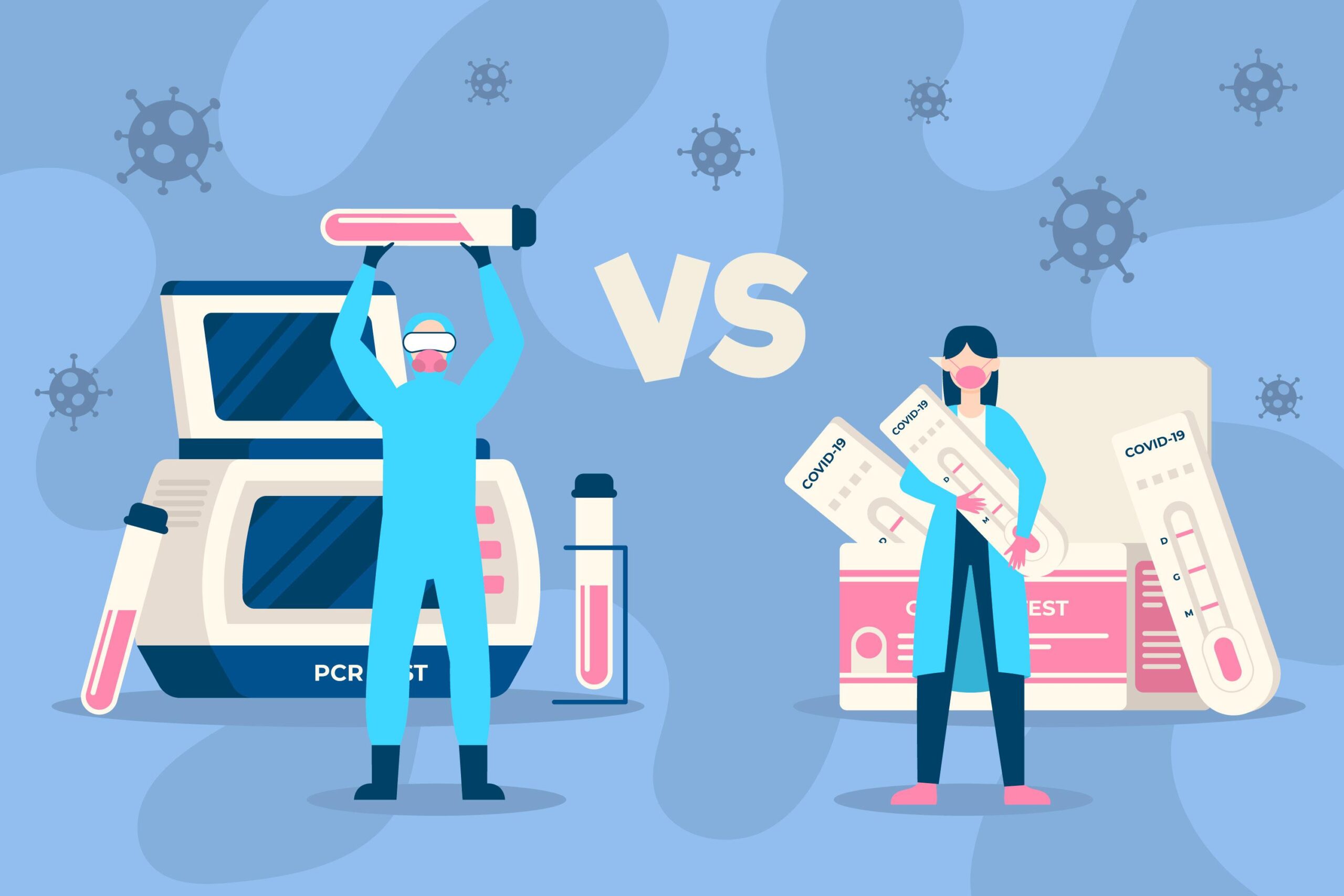A database analyst is crucial in managing and interpreting data to help organizations make informed decisions. Mostly companies offering database-managed services are highly dependent on the expertise and skill of such analysts.
Thus, whether you’re an entry-level database analyst or looking to advance in your database analyst career path, possessing the right skills is essential.
In this article, we’ll explore the top skills you need to succeed as a database analyst while covering key database analyst requirements.
1. Proficiency in Database Management Systems (DBMS)
A database analyst must have strong knowledge of database management systems such as:
- MySQL
- PostgreSQL
- Microsoft SQL Server
- Oracle Database
- MongoDB (for NoSQL databases)
Understanding these systems helps database analysts efficiently store, retrieve, and manage data while ensuring database security and optimization. Database management systems are fundamental to structuring and organizing data efficiently.
Companies rely on DBMS to maintain large datasets, ensuring data integrity and availability. Without DBMS expertise, it is impossible to manage relational and non-relational databases effectively. Thus, mastering various database systems is one of the most critical requirements for a database analyst.
2. SQL and Query Writing Skills
Structured Query Language (SQL) is the backbone of database management. You must be proficient in:
- Writing complex SQL queries
- Using JOINs, subqueries, and indexes
- Optimizing queries for better performance
- Implementing stored procedures and triggers
Entry-level database analysts often start with SQL basics, but mastering it can set you apart in the database analyst career path. Writing efficient SQL queries ensures data retrieval and management tasks are performed optimally.
The ability to manipulate, filter, and analyze data using SQL is a necessity for all database analysts. Moreover, advanced SQL knowledge enables analysts to design complex reports, improving data-driven decision-making within organizations.
3. Data Modeling and Database Design
A solid understanding of data modeling ensures that databases are structured for efficiency. Important concepts include:
- Entity-Relationship Diagrams (ERDs)
- Normalization and denormalization
- Indexing strategies
- Referential integrity constraints
Effective database design is a critical skill for anyone aspiring to meet database analyst requirements and advance in their career. Good database design minimizes redundancy and enhances performance.
Poorly designed databases can cause inefficiencies, slow query performance, and data inconsistency. Therefore, knowing how to structure data optimally is a must-have skill in the database analyst career path.
4. Understanding of Data Warehousing and ETL Processes

A database analyst should be familiar with data warehousing and ETL (Extract, Transform, Load) processes. This includes:
- Designing and managing data warehouses
- ETL tools like Apache NiFi, Talend, and Informatica
- Data extraction and transformation techniques
For those on the database analyst career path, working with data warehouses helps in handling large-scale data analysis effectively. Data warehouses store historical data, which is crucial for trend analysis and forecasting.
ETL processes ensure that data is transformed and loaded accurately into these warehouses, maintaining data integrity. Database analysts and data warehouse consultant are like who can work with data pipelines add significant value to their organizations.
5. Business Intelligence and Data Visualization
Translating raw data into meaningful insights is key. A database analyst should be skilled in:
- Business Intelligence (BI) tools such as Tableau, Power BI, or Looker
- Creating dashboards and reports
- Data visualization best practices
Entry-level database analysts who can present data clearly have a competitive edge. Decision-makers depend on well-visualized data for strategic planning. Database analysts must understand how to transform numbers into visual stories that make complex data sets easier to interpret. Mastering BI tools helps professionals grow in their database analyst career path.
6. Knowledge of Programming Languages
While SQL is essential, familiarity with programming languages enhances your database analyst skills. Common languages include:
- Python for data analysis and automation
- R for statistical analysis
- Java or C# (for application development integration)
A well-rounded skill set in programming can open up advanced opportunities in the database analyst career path. Python and R are particularly useful for statistical modeling and automation. Knowing how to program allows analysts to develop scripts that automate repetitive database tasks, increasing efficiency. Database analysts who possess programming skills have an advantage over their peers.
7. Database Security and Compliance
Understanding database security is crucial for protecting sensitive information. Key areas include:
- Data encryption techniques
- Role-based access control (RBAC)
- GDPR, HIPAA, and other compliance regulations
- Regular security audits
Employers seek database analysts who can ensure that data remains secure and compliant with industry standards. Cybersecurity threats are becoming increasingly common, and database breaches can have serious consequences. Ensuring database security is a fundamental database analyst requirement.
8. Cloud Database Management
With the rise of cloud computing, knowledge of cloud-based database services is increasingly valuable. This includes:
- Amazon RDS (AWS)
- Google Cloud SQL
- Microsoft Azure SQL Database
- Snowflake for cloud data warehousing
Learning cloud database solutions can greatly improve your database analyst career path prospects. Companies are shifting towards cloud-based solutions for scalability and cost-efficiency. Database analysts who can manage cloud databases are in high demand.
9. Problem-Solving and Analytical Thinking
Database analysts must solve complex data problems efficiently. Essential skills include:
- Troubleshooting database performance issues
- Debugging SQL queries and scripts
- Logical thinking to optimize data workflows
For an entry-level database analyst, developing problem-solving abilities can set the foundation for career growth. Database analysts are often required to troubleshoot system issues, ensuring seamless data operations. Analytical thinking enables them to assess problems from multiple angles and implement optimal solutions.
10. Communication and Collaboration Skills
Since database analysts work with various teams, strong communication skills are necessary. This includes:
- Translating technical findings into non-technical terms
- Collaborating with IT, business, and management teams
- Documenting database changes and best practices
Clear communication ensures seamless collaboration and project success. Database analysts frequently interact with stakeholders, explaining data insights in a way that non-technical audiences can understand. Strong collaboration skills help ensure that business objectives align with data management strategies.
Conclusion
Becoming a successful database analyst requires a mix of technical expertise, problem-solving skills, and effective communication. Whether you are an entry-level database analyst or aiming for senior roles, these skills will help you excel in your database analyst career path.
We hope this guide was helpful for you in excelling in your database analyst career. However, if you need any help related to your database management, Tambena Consulting has a great team of database analysts to help you in every possible way. So, feel free to reach us anytime.






